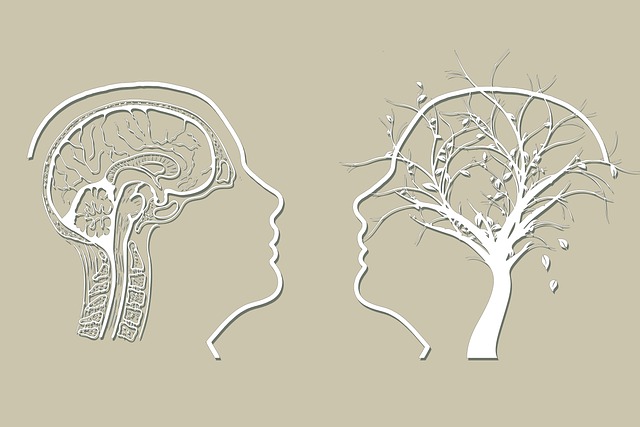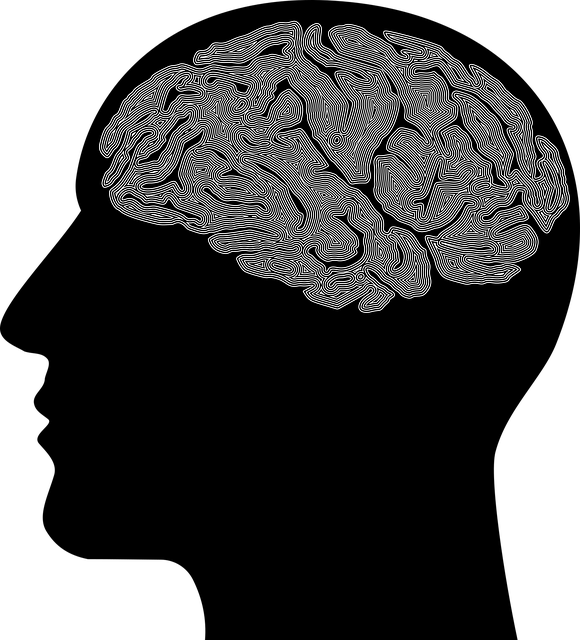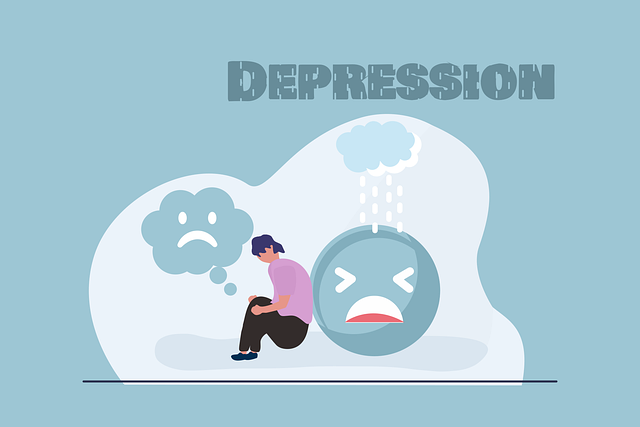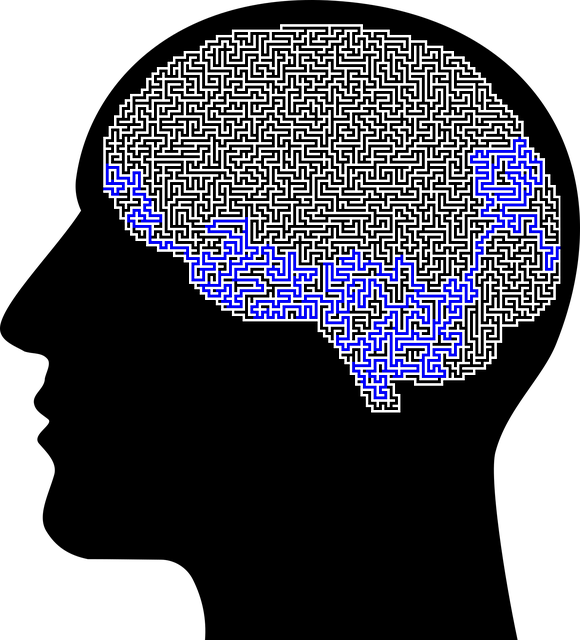Mental health policies significantly impact community well-being, especially for vulnerable groups like abused children. Organizations like Greenwood Village Child Abuse Therapy demonstrate that accessible, affordable therapy services can transform lives. By integrating evidence-based practices and cultural competency training, communities foster mental health prioritization, leading to better mood management and resilience. Mental Health Policy Analysis and Advocacy identifies systemic gaps, drives tailored strategies, and ensures the voices of affected individuals are heard in policy decisions. Through grassroots efforts and partnerships, advocacy groups highlight disparities, pushing for evidence-based changes, improved funding, and enhanced service models like the Mental Wellness Podcast Series. This approach creates comprehensive mental health strategies, reducing stigma and ensuring everyone has access to quality resources. Greenwood Village can strengthen its advocacy by implementing culturally sensitive practices and evidence-based techniques, benefiting both individuals and shaping robust policy frameworks.
Mental health policy analysis and advocacy are essential components in fostering well-being within communities. This article explores two critical aspects: understanding mental health policy and its profound impact on communities, and the pivotal role of advocacy in shaping effective initiatives. We delve into strategies for successful policy analysis and advocacy specifically tailored to Greenwood Village Child Abuse Therapy, offering insights that can revolutionize mental healthcare access.
- Understanding Mental Health Policy and Its Impact on Communities
- The Role of Advocacy in Shaping Effective Mental Health Initiatives
- Strategies for Successful Policy Analysis and Advocacy for Greenwood Village Child Abuse Therapy
Understanding Mental Health Policy and Its Impact on Communities

Mental health policy plays a pivotal role in shaping communities’ overall well-being, especially for vulnerable populations like children who have experienced abuse. Greenwood Village Child Abuse Therapy exemplifies how effective mental health policies can directly impact individuals’ lives. Policies that advocate for accessible and affordable therapy services ensure that children and their families receive the necessary support to heal from trauma.
By implementing evidence-based practices and integrating healthcare provider cultural competency training, communities can foster environments where mental well-being is prioritized. This approach not only enhances mood management but also promotes resilience among affected individuals. Mental Health Policy Analysis and Advocacy serves as a crucial tool to identify gaps in current systems, allowing for the development of comprehensive strategies that address community needs effectively.
The Role of Advocacy in Shaping Effective Mental Health Initiatives

Advocacy plays a pivotal role in shaping effective mental health initiatives. It amplifies the voices of individuals who have experienced mental health challenges, ensuring their needs and perspectives are incorporated into policy decisions. Through grassroots efforts and collaborative partnerships, advocacy groups can bring attention to disparities in mental health care access, particularly in underserved communities like Greenwood Village Child Abuse Therapy’s focus areas. By leveraging data, personal narratives, and community engagement, advocates drive conversations that lead to evidence-based policy changes, improved funding allocation, and enhanced service delivery models.
This process extends beyond policy analysis; it involves lobbying for legislation, organizing awareness campaigns, and providing crisis intervention guidance through initiatives like Mental Wellness Podcast Series Production. The impact of advocacy is evident in the development of comprehensive mental health strategies that consider not just treatment but also prevention, recovery support, and risk assessment for mental health professionals. By fostering a culture of understanding and empathy, advocacy ensures that everyone has access to quality mental wellness resources, ultimately reducing the stigma associated with seeking help.
Strategies for Successful Policy Analysis and Advocacy for Greenwood Village Child Abuse Therapy

Greenwood Village Child Abuse Therapy (GVCAT) can enhance its policy analysis and advocacy efforts by employing strategic approaches tailored to the unique needs of its community. One key strategy is to foster Cultural Sensitivity in Mental Healthcare Practice. Understanding and addressing the cultural nuances of the diverse population served by GVCAT is essential for effective policy change. This involves training therapists to recognize and respect different cultural beliefs, values, and practices related to mental health, ensuring inclusive and accessible services.
Additionally, incorporating evidence-based practices like Mindfulness Meditation and Social Skills Training can strengthen advocacy efforts. By integrating these therapeutic techniques into treatment plans, GVCAT can demonstrate the benefits of holistic approaches to child abuse therapy. This not only improves individual outcomes but also provides a compelling case for policy makers to allocate resources towards comprehensive mental healthcare solutions. Such strategies will contribute to a more robust and responsive policy framework for Greenwood Village Child Abuse Therapy.
Mental health policy analysis and advocacy are essential components in ensuring effective support systems for communities, as evidenced by successful initiatives like Greenwood Village Child Abuse Therapy. By understanding the impact of mental health policies and leveraging advocacy, we can create lasting change. The strategies outlined in this article provide a roadmap for effective policy analysis and advocacy, ultimately enhancing access to quality care for those in need. This approach, tailored specifically for Greenwood Village, underscores the power of community engagement and informed decision-making in revolutionizing mental health services.














